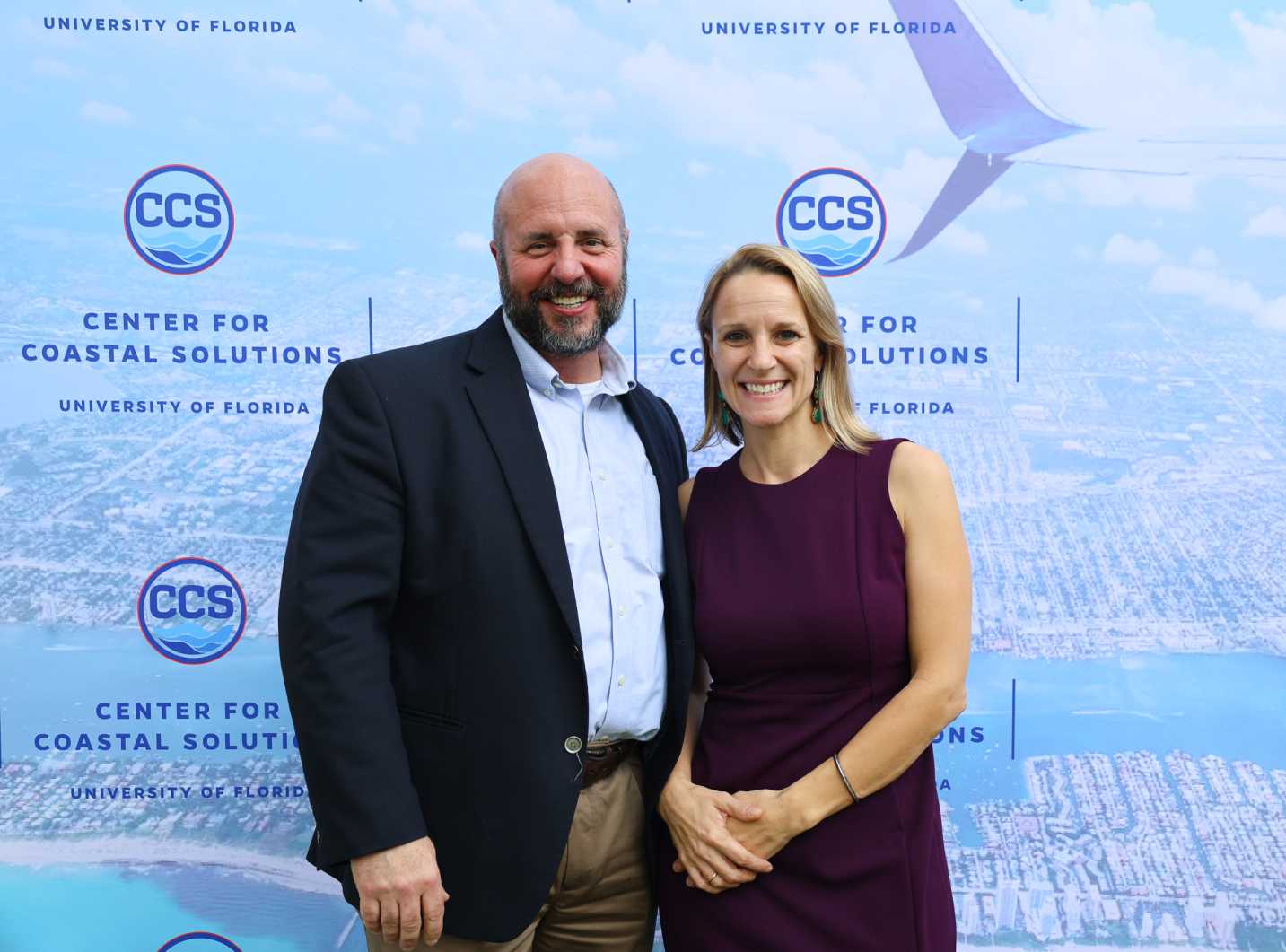As the year comes to a close, I am delighted to share good tidings of a new partnership between the University of Florida and the US Army Corps of Engineers’ Engineer Research and Development Center (USACE-ERDC). This partnership will drive innovation and tap into UF’s world-class expertise in fields ranging from civil, mechanical and environmental engineering, to ecology, geology, hydrology and oceanography through to land use planning, natural resources economics, law and policy.
The five-year Educational Partnership Agreement will facilitate a two-way flow of talented people and ideas to tackle real-world problems, providing new learning opportunities for UF students and faculty to work on specific coastal challenges alongside federal innovators and experts.

Signed in early December, this agreement will enhance our ability to pursue cooperative educational initiatives together, and provides a canopy under which future research projects and training programs between our two institutions can be developed and launched rapidly in response to emerging issues.
I am honored to lead this program on behalf of the University of Florida, along with my counterpart, Amanda Tritinger, assistant program manager for Engineering With Nature® (EWN®), and research hydraulics engineer at the Coastal and Hydraulics Laboratory with USACE-ERDC.
The new partnership builds on existing collaborative projects between the USACE and UF-CCS. These projects benefit from student engagement, while also providing students with concrete problems to work on using science and engineering methods. Participating students are highly motivated by the chance to make a real difference. Whether it’s restoring dunes along beaches using new outplanting strategies in St. Augustine, investigating the benefits of nature-based solutions on coastal resiliency at Tyndall Air Force Base in the Panhandle, or using machine learning in coastal models to identify causes of red tide and reduce its severity in Florida’s southwest coastal communities – students get to work with experienced scientists and engineers from both institutions, gaining invaluable field experience and learning important skills.
We look forward to a highly productive partnership with USACE-ERDC over the next five years, and to launching a variety of new projects that engage UF students and faculty in solving thorny world problems, and learning much along the way.
In this issue of Coastal Edges, you can read about some of the innovative new tools, methods and approaches being developed and deployed to address coastal hazards in a roundup of highlights from our annual summit, Optimizing Solutions for Resilient Coasts, attended by more than 130 thought leaders and innovators from diverse sectors.
Wishing you a new year full of peace, prosperity and well-being.
